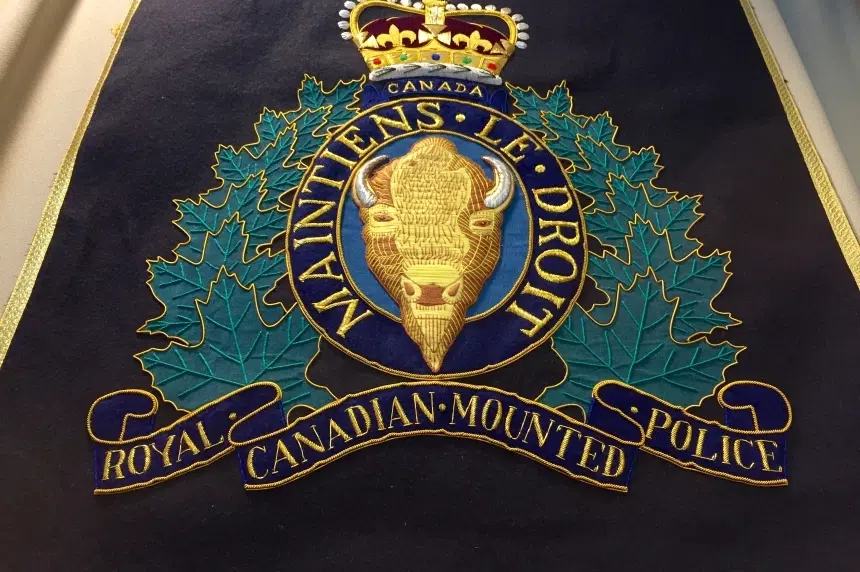The Saskatchewan RCMP has joined the ranks of police forces that are participating in Clare’s Law.
The Interpersonal Violence Disclosure Protocol came into effect in June, but the Saskatchewan RCMP said it wouldn’t take part due to federal privacy legislation.
On Wednesday, the Mounties said in a media release that amendments had been made to the RCMP Regulations, 2014, that allow the RCMP — as a provincial police service in Saskatchewan — to fully participate under the legislation.
“The Saskatchewan RCMP has always played an active role in the planning provincially around Clare’s Law,” Chief Supt. Alfredo Bangloy, the acting commanding officer of the Saskatchewan RCMP, said in the release.
“We have been working persistently towards this day for over 10 months, to ensure the people in the communities we police in Saskatchewan are able to exercise their right to ask and participate in Clare’s Law.”
The Saskatchewan government was pleased with the RCMP’s announcement, noting the addition of the force will “greatly expand” the law’s coverage in the province.
“The RCMP’s participation in Clare’s Law is a significant step forward in our efforts to prevent interpersonal violence,” Justice Minister and Attorney General Gordon Wyant said in a release. “This change will ensure that everyone in Saskatchewan can take advantage of this legislation and the protection it offers right in their home community.”
Under the law, individuals can go to their local municipal police station and ask for information about their intimate partner’s past violent or abusive behaviour.
The protocol sets out a framework and standard process for the disclosure of that information. It can be given to applicants who think they may be at risk from an intimate partner (“right to ask”) and to people whom police believe might be at risk (“right to know”).
People now can go to any RCMP detachment in Saskatchewan and make an application under the “Right to Ask” protocol to see if there’s any information they need to know about a current or former intimate partner.
All requests are considered on a case-by-case basis and are reviewed by a committee comprising police services, Victims Services and The Provincial Association of Transition Houses and Services of Saskatchewan (PATHS).
“Clare’s Law is an innovative way to allow individuals at risk to make informed decisions around their safety,” PATHS said in the media release.
“We are so pleased that individuals in rural and remote areas of Saskatchewan will now have enhanced access to this valuable program. Co-operation and information sharing between the RCMP and Saskatchewan’s municipal police services will assist in identification of risk and allow for more informed safety-planning.”
Saskatchewan was the first Canadian province to implement Clare’s Law, but Alberta and Newfoundland and Labrador have followed suit.
“I am greatly encouraged that Alberta has announced the implementation of Clare’s Law,” Wyant said. “I encourage all other provinces to take this step to ensure that all Canadians are able to access the information they need to protect themselves and their loved ones from interpersonal violence.”











